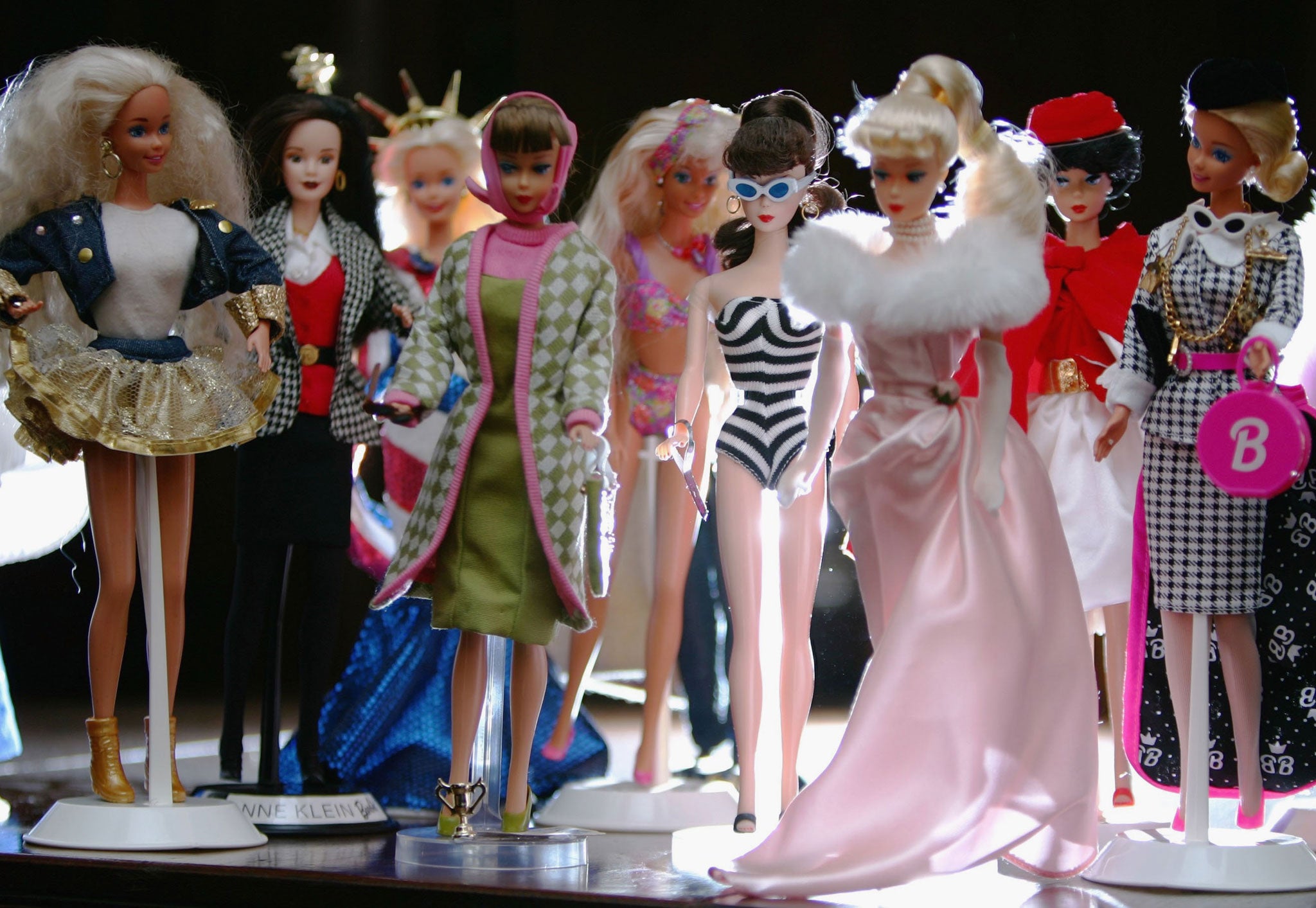The Independent's journalism is supported by our readers. When you purchase through links on our site, we may earn commission.
Beyonce, Betty Friedan, and the female mystique myth 50 years on
I can't see the Gender-Blindness movement catching on soon, but I so wish it would

Next week sees the 50th anniversary of Betty Friedan’s The Feminine Mystique. The idea came from an article, which no magazine would publish, about women’s unhappiness: “We can no longer ignore that voice within women that says, ‘I want something more than my husband and my children and my home’.”
It’s a message which now seems almost quaint. So you’d think that after five decades we’d pretty much have it nailed. But no. The thing that Friedan called “the problem that has no name” now has lots of names. But we are no closer to solving it.
In rude health
If you look in the right places, there is plenty of evidence that feminism is in rude health, especially in the younger women’s online division. The likes of Vagenda and Jezebel are spreading entertaining and enlightening messages. But overall there’s no end to the bickering and name-calling and separatism. If anything those are getting worse.
Friedan wrote that women should never have to feel that they’re physically trapped. Instead, there’s now a complex series of mental traps to escape. We’re in the grip of an increasingly politicised version of “girl power” where emphasis is placed on the Special Qualities of the Ladies. This is upside-down, contradictory thinking but no one seems to question it. Just as no one in the 1950s seemed to question why women shouldn’t be madly in love with domestic life.
I can’t see The Gender-Blindness Movement catching on any time soon. But I so wish that it would. Surely the whole point of this debate has always been that gender does not automatically imbue you with Special Qualities and that everyone should be judged individually on their own merits?
We now operate in a cultural landscape where Beyoncé comes under fire for being “not a proper feminist” because she sang some Destiny’s Child lyrics at the Superbowl which involved consenting to servicing your man. Or, rather, volunteering to service him willingly and with some enthusiasm. Plus, her up-coming tour is called (ironically?) The Mrs Carter Show, a reference to her married name. Shame upon this respectable married woman!
Distressingly, the thought police have even given a name to this intolerable behaviour: “fauxminism”. Now, if there’s a problem that should not be allowed to have a name, that is it. It means pretending to be one of the girls while secretly making eyes at Jay-Z behind the sisters’ backs and trying to get him to put a ring on it.
This is not allowed because women in all walks of life are expected to be “positive role models” and come across as aspirational and brimming with independence, self-esteem and “You go, girl!” chutzpah.
Anything else is anti-women. This is why, for example, people get so distressed about Miranda Hart. Isn’t she bringing women down by being silly and behaving like a fool? And yet you do not see anyone questioning Joe Pasquale’s contribution to the perception of male public figures.
Feminism today
Feminism, then, is no longer about what Betty Friedan argued: that women are no different to men. In the 21st century, it’s about women being different and special and other, and celebrating that. Now you are supposed to choose which camp you’re in. But what if you don’t want to be in any camp and you just want to be a person? Possibly an eclectic, complicated, multi-faceted person much like Beyoncé?
A few months ago, a women-only private club and spa – Grace Belgravia – opened in central London. Naomi Wolf – the author of Vagina: A New Biography – will give a talk there next month for the lecture series 5x15. The invitation reads: “This is a women-only event (sorry chaps!)” Presumably if Mrs Carter wanted to attend, Mr Carter would have to stay at home. How is this any different to a golf club in the 1970s? Some will argue that it’s only by banding together that women will make progress. But constantly emphasising difference and separateness is no way to level a playing field. It’s a statement that comes across, ultimately, as defensive.
I can understand that people are tired of all the rhetoric and of waiting for things to change and so they’re taking drastic action by reviving the sisterhood in both thought and deed. But there is a very fine line being crossed here. On the one hand, it’s important to redress the balance and encourage women to do whatever they want with their lives. On the other, when you start “celebrating womanhood” at every turn, you end up creating a mirror image of the exclusive and excluding public spaces that feminism once fought against.
Betty Friedan argued that women are just as capable as men of doing any type of work or following any career path. Five decades on, that’s a given. Now we have to argue that women are just as capable of being everything else men are allowed to be: stupid, wrong, complicated, contradictory, lustful, hypocritical, weird, uxorious, unkind. Because those are all things that human beings are. To imagine that women can’t or shouldn’t be those things is just another way of preserving “the feminine mystique”. And we kid ourselves we’re over all that.
Join our commenting forum
Join thought-provoking conversations, follow other Independent readers and see their replies
Comments
Bookmark popover
Removed from bookmarks